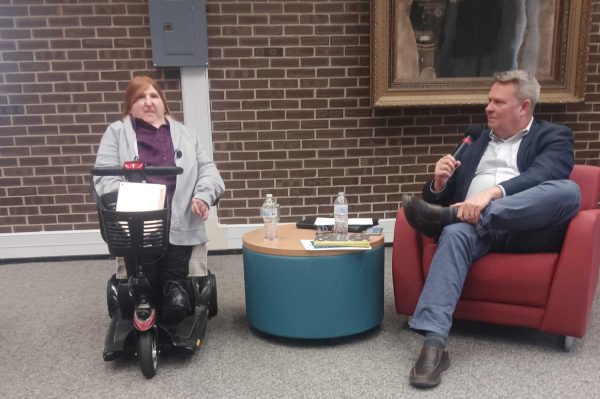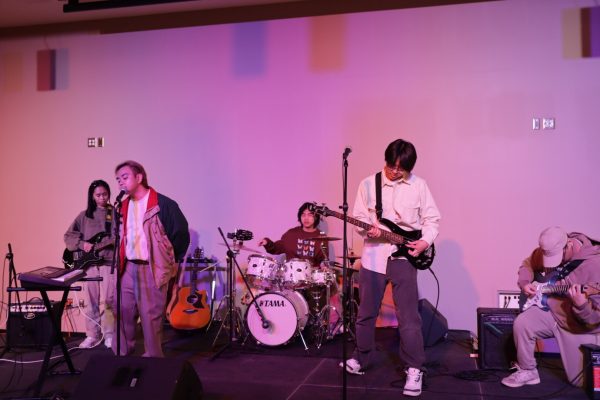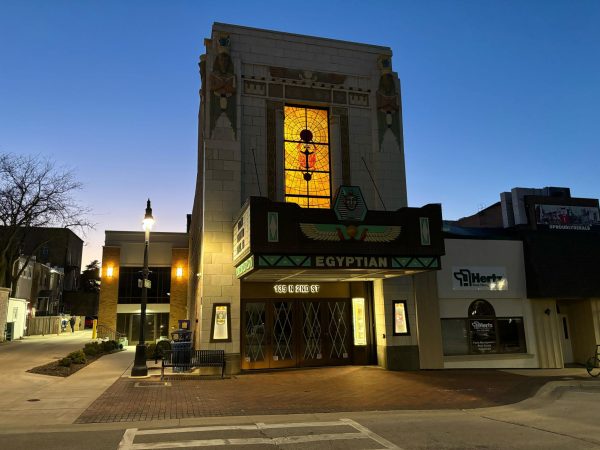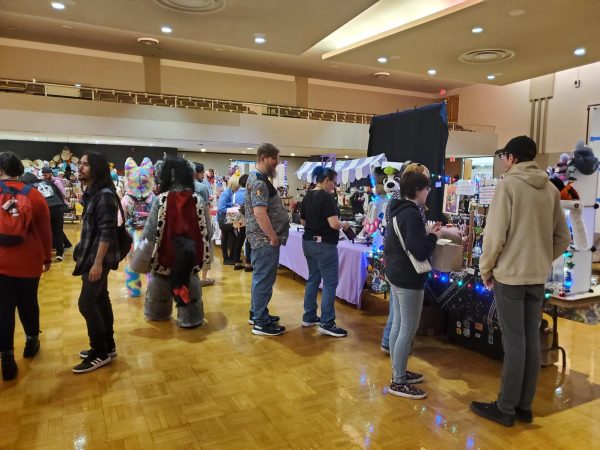Dishin’ it out with Gold Coast Refuse
March 10, 2005
Gold Coast Refuse will take the stage Friday night at Otto’s Niteclub and Underground, 118 E. Lincoln Highway, in preparation for the March 26 release of its album “Yours From Ascentia.”
Weekender talked with guitarist/vocalist Brian McDonnell about college audiences, broken English and kids in Omaha, Neb.
Weekender: You’ve played DeKalb before and even been our Artist of the Week in the past. Are college towns your primary focus as a band?
Brian McDonnell: The college crowd is a key. I find that the audiences are more receptive to new music. Certain places, especially suburban places, book only cover bands because the audiences prefer to hear songs they know because there’s no challenge to it. Colleges are where a lot of our focus is. Most times, colleges have radio stations and it’s easy for people to make a connection between what they hear on the radio and what they see live. It’s a nice way to get a bit of a groundswell.
WE: So colleges are vital for upcoming bands.
BM: Totally. That’s why the college music scene is so fundamental. Many times college towns are able to create a scene on their own because there is an openness that doesn’t exist elsewhere.
WE: There was a study that showed the average male stops listening to new music at age 25.
BM: Now, you can’t wholly focus on college towns because there are exceptions, and there are areas where people will seek out good music on their own, even if they are in the age minority.
WE: What are some of those avenues for the minority to find good music?
BM: The Internet is a godsend for smaller bands because it caters a lot of the time to independent music. Bands are no longer forced to focus only on their local scenes. You can throw up an MP3 and immediately have a worldwide audience. We did that, and now we’re finding out we have radio play in places like Belgium and around Europe. Word travels fast because of blogs. It’s like, ‘If you like so-and-so, you’ll like this band.’ The Internet is a huge weapon for bands.
WE: What was your reaction when you saw the numbers about European airplay?
BM: Confusion first. We would get e-mails from people in broken English. But then it was totally satisfying because it brings a sort of completion. We were unaware if this new record would find an audience. But now it’s proof that it can because it has already taken root.
WE: So does the Internet make it easier to become a semi-star but harder to be a superstar?
BM: That’s a great point. It makes it easier for bands to find an audience. I don’t know about becoming a superstar because that is only a select few people. I know what you are saying, and in a sense it’s true. What it does is allow people that don’t have an obvious niche to find an audience. Like if you’re some kid in Omaha, Neb., with an FM radio [and] find that new music exists. It helps fans find bands and bands find an audience.
WE: And maybe that kid is oblivious to the fact Saddle Creek Records is in his backyard.
BM: I don’t think I’ve discovered a band from the radio in the last 10 years. It used to be magazines like Rolling Stone or Spin. Now it’s the Internet.










